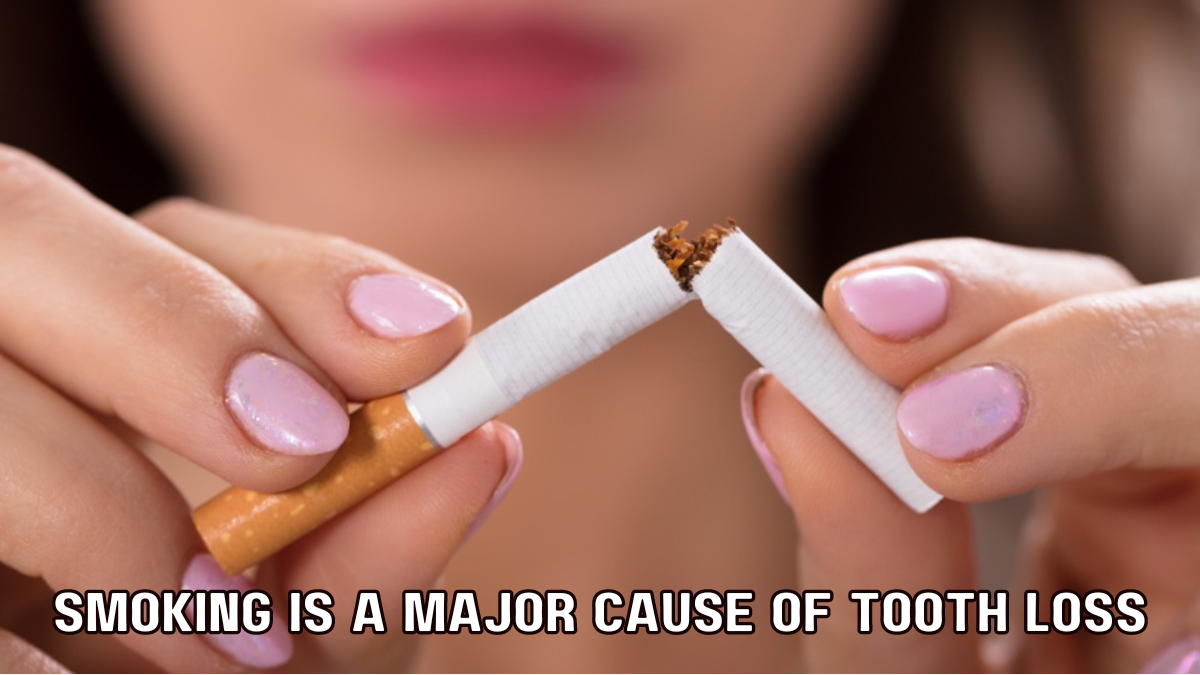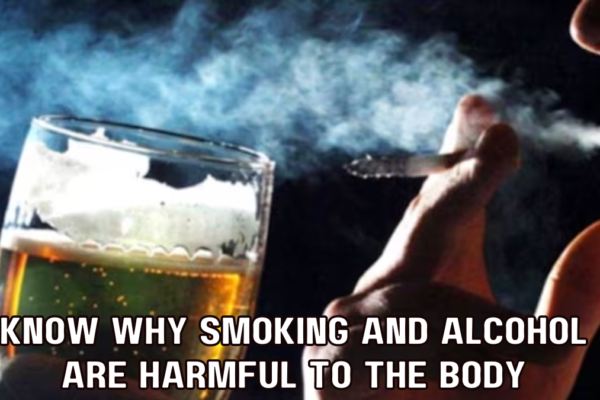Introduction:
When we think about the hazards of smoking, lung cancer, heart disease, and respiratory issues often come to mind. However, one less discussed but equally alarming consequence of smoking is its impact on oral health, specifically tooth loss. This blog delves into how smoking contributes to tooth loss and the broader implications for your overall health.
The Connection Between Smoking and Tooth Loss
i. Gum Disease (Periodontal Disease):
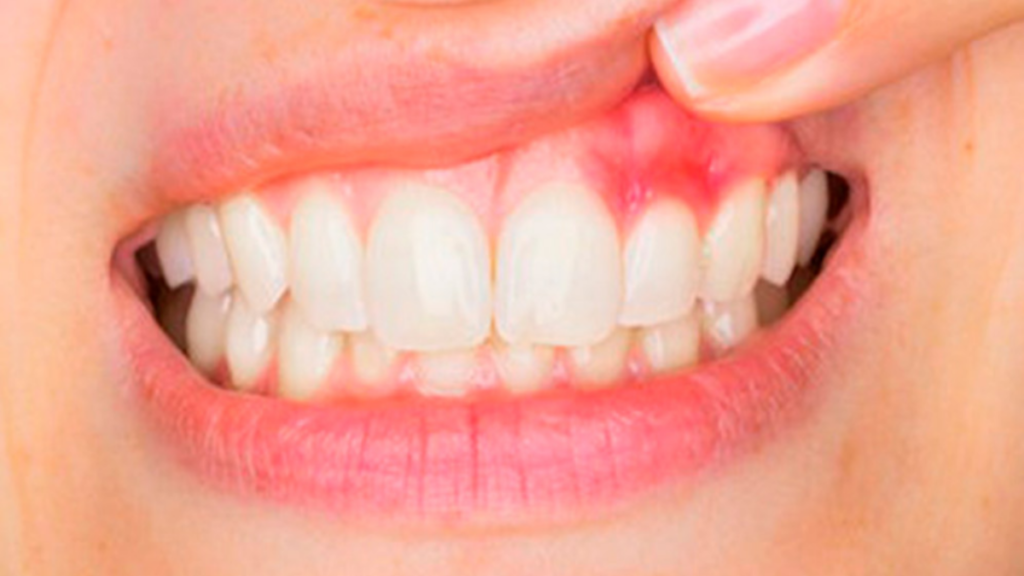
- Smoking is a leading cause of gum disease, which is the primary cause of tooth loss in adults. The chemicals in tobacco weaken the immune system, making it harder to fight off infections, including those in the gums.
- Nicotine constricts blood vessels, reducing blood flow to the gums. This lack of adequate blood supply impairs the healing process and makes the gums more susceptible to infections.
- Smokers are more likely to develop plaque and tartar on their teeth, which can lead to the inflammation and infection of the gums. Over time, this can progress to periodontitis, where the inner layer of the gum and bone pull away from the teeth, forming pockets that can become infected. The body’s immune response to these infections can erode the bone and tissue that hold teeth in place, leading to tooth loss.
ii. Delayed Healing:

- Smoking not only increases the risk of gum disease but also slows down the healing process. This is critical because effective treatment of gum disease often involves surgical interventions or tooth extractions, both of which require efficient healing.
- The presence of nicotine and other harmful chemicals in tobacco interferes with the body’s ability to heal wounds, making recovery from dental procedures more difficult and less predictable.
iii. Bone Loss:
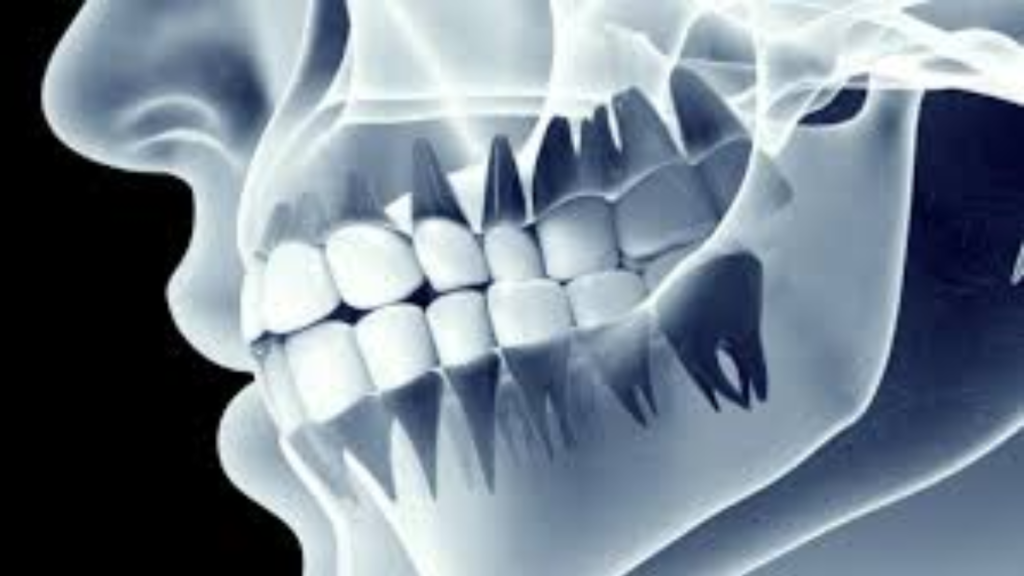
- The toxins in cigarette smoke can affect the bone structure that supports the teeth. Smoking accelerates bone loss in the jaw, which can lead to teeth becoming loose and eventually falling out.
- This bone loss is often irreversible, and even with advanced dental treatments, restoring full function and appearance can be challenging.
iv. Dry Mouth (Xerostomia):

- Smoking reduces saliva production, leading to dry mouth. Saliva is essential for maintaining oral health as it helps wash away food particles and neutralizes acids produced by bacteria in the mouth.
- A lack of saliva can lead to an increase in plaque buildup, tooth decay, and gum disease, all of which contribute to tooth loss.
The Broader Implications of Tooth Loss
Losing teeth is more than just a cosmetic issue; it has significant health implications:
i. Nutritional Deficiencies:

Missing teeth can make it difficult to chew certain foods, leading to a restricted diet and potential nutritional deficiencies.
ii. Speech Problems:

Teeth play a crucial role in speech. Losing them can affect your ability to speak clearly, which can impact personal and professional interactions.
iii. Self-Esteem:

Tooth loss can affect your self-confidence and willingness to smile or engage in social activities.
Preventive Measures and Quitting Smoking
The good news is that the adverse effects of smoking on oral health can be mitigated by quitting smoking and maintaining good oral hygiene. Here are some steps to protect your teeth:
i. Quit Smoking:

- Seek professional help to quit smoking. There are various resources available, including counseling, nicotine replacement therapies, and medications that can aid in smoking cessation.
ii. Regular Dental Checkups:

- Regular visits to the dentist can help detect early signs of gum disease and other oral health issues. Professional cleanings can remove plaque and tartar that regular brushing cannot.
iii. Proper Oral Hygiene:
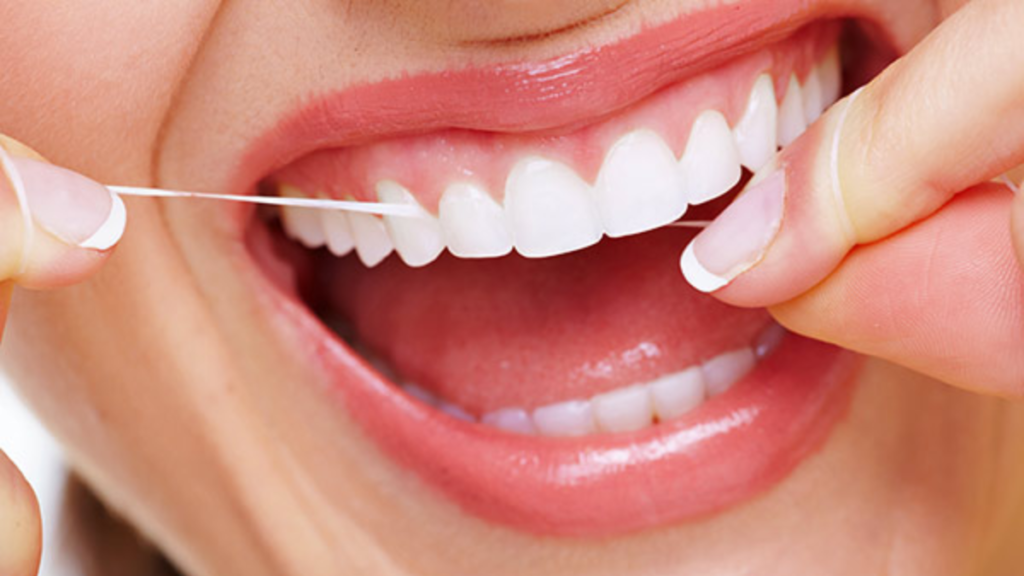
- Brush at least twice a day and floss daily to remove plaque from between your teeth and gums. Use an antimicrobial mouthwash to help reduce bacteria in the mouth.
iv. Healthy Diet:

- Eat a balanced diet rich in vitamins and minerals to support overall health and maintain strong teeth and gums.
Conclusion
Smoking is a major cause of tooth loss, impacting not just your smile but your overall health and well-being. Understanding the risks and taking proactive measures to quit smoking and maintain good oral hygiene can significantly reduce the likelihood of tooth loss and enhance your quality of life. Remember, it’s never too late to make a positive change for your health.

